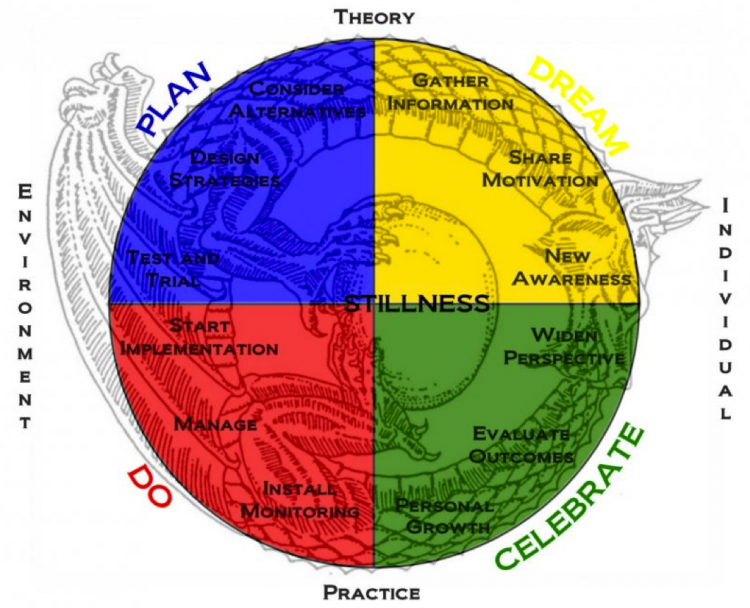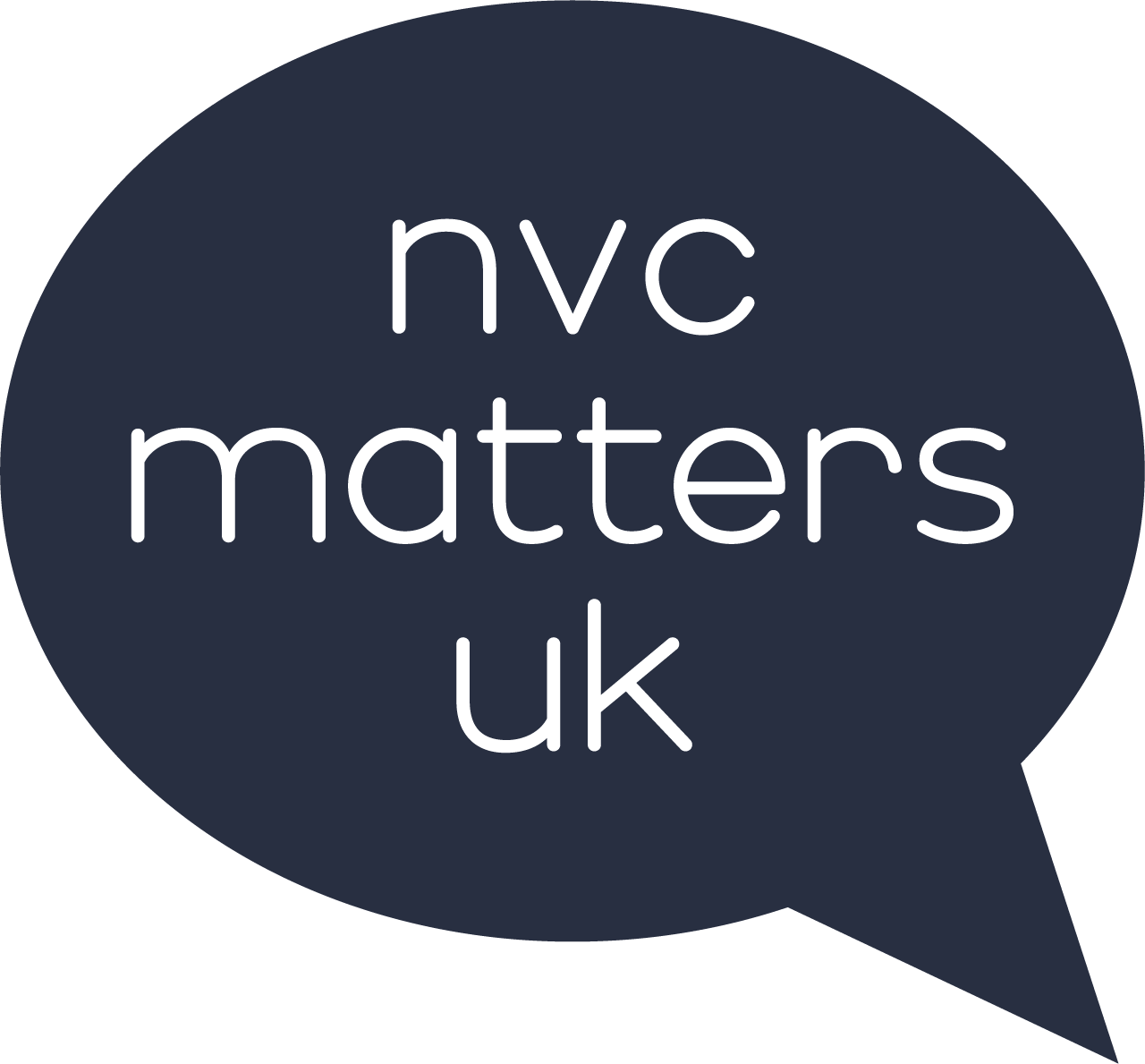Our world is struggling as never before to sustain us all.
If we can manage to learn to live on less and still have all of our needs met, what might that be like?

Andy Philpott NVC enthusiast shares how he recently witnessed a way of people meeting their needs through the use of gift economy. This was in the presence of a group of activists and change makers at Hawkwood College where Nonviolent Communication (NVC) teacher Miki Kashtan demonstrated the Money Pile to us all.
When banks create money to make loans that they also create debt alongside it.
We are limited and damaged by the implicit scarcity of using money in this way, which encourages a win-lose attitude towards the transactional nature of these interactions.
What if there was another way? A way to consider win-win economics where your needs and my needs can all be met. Where instead of endlessly accumulating and consuming, we can have enough and have a choice in our decisions.
Is it possible to have a win-win situation with economics?
Having more resources rather than less is no longer better, it is only different.
If our needs are universal, then it is only the different strategies we might choose to take to have those needs met that can end up in conflict and scarcity.
Dominic Barter developed the idea of Financial Co-responsibility when working on communitarian justice systems in the favelas of Brazil. Financial Co-responsibility, as a process to facilitate money exchange in a win-win manner, started to emerge from this work.
One of the Dragon Dreaming facilitation team who expresses this beautifully is Pedro Lunaris who says:
“I don’t work for money. I work for the change
I want to see in the world”
People who use their services are asked to autonomously come up with their individual values of what they may offer. They call that process finding each person’s financial Point of Comfort.
They can take some time to reflect and to add or subtract from the figure that arises.
Creating a money pile
Recently, I witnessed this when on a training at Hawkwood.
We decided to have two rounds of this process. The early round detailed all of the costs involved that may or not be met. An estimated Money Pile from the community’s willingness in anonymously made contributions was then made.
A second public round was made on the final day that included the total of the offered gift contributions. So there was full transparency in whether those costs were being covered.
The community could then decide whether to add or subtract from their first gift offer.
The core team who had facilitated and helped with servicing the three-day event sat in a seated circle in the middle of the community in full view of all of us, like a fishbowl, to divide the money.
Money gathered according to need
It is never considered as an amount that has to get shared equally, as our needs are rarely all at the same level at once.
They then publicly began pushing money away and pulling money back from the money pile explaining their needs and the reasons in each move, until they felt this had naturally completed.
One of those present had not planned to attend the course but was still invited and made welcome by everyone, as they were very low on financial resources. They were so touched by the week that they offered £2 of the only £5 they had to their name as their meaningful contribution. This was a humbling experience to feel their gratitude expressed so deeply.
I found this incredibly moving to see this authentic way of sharing these gifts, and for everyone present to feel an integral part of this process too. This is what a sustainable community feels like in action.
I was fortunate to see this in action again a couple of days later at 42 Acres in Shoreditch
when Cleona Lira helped to support and facilitate another day with Miki Kashtan.
Once people understand that nothing is really expected of them, that you only ever give what you have to spare and feel inclined to share and that this is absolutely fine, then that is when generosity begins to truly flow in a connected and meaningful way.
There is a similar rickshaw project in daily practice in Ahmedabad. Your ride is free and you can offer to contribute towards the next passenger if you are moved to do so.
The gift economy can offer three important aspects to consider practising in our lives.
- One is a compassionate altruistic effort to look beyond our own calculated self-interest.
- The second element offers free play to any exchange.
This is in contrast to the dominant market economy which has fixed ways of measuring value between giver and receiver.
Most importantly it is an awareness that this is not a single transaction.
It is a movement of gifting and re-gifting as a continual process.
We do not compensate the giver but strive to become the giver instead.

Andy Philpott first encountered NVC 2 years ago. He works full-time in customer service and as a volunteer organising a Positive Money group in Tower Hamlets.He also volunteers for the Equality Trust and Independent Age and is currentlydeepening his Mindfulness and Focusing training to complement his NVC practice.

Beautiful and inspirational work and attitude, thank you for posting.. May we all continue to set our intentions and actions towards become the givers…. How blessed we are to experience this orientation of gratitude, sufficiency and even generosity!
Why is this called “Dragon Dreaming and …”?
I didn’t read anything about Dragon Dreaming in the text?
See the link in this part of the text .One of the Dragon Dreaming facilitation team who expresses this beautifully is Pedro Lunaris who says:
“I don’t work for money. I work for the change I want to see in the world” 🙂